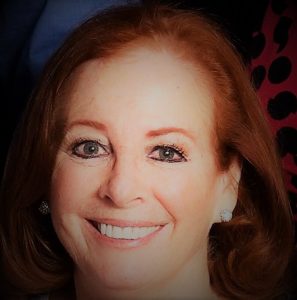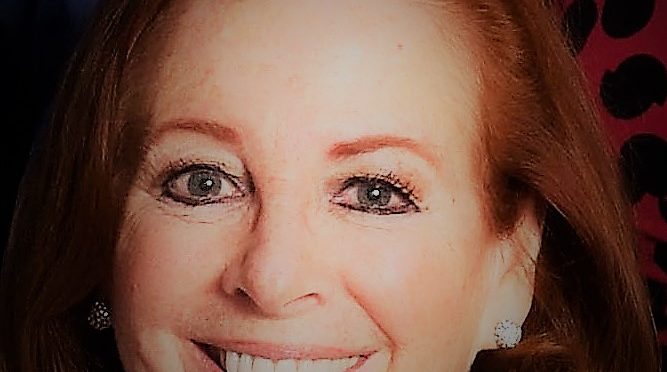
A priest, a doctor, and an engineer were waiting one morning for a particularly slow group of golfers. The engineer fumed, “What’s with those guys? We’ve been waiting for fifteen minutes!” The doctor chimed in, “I don’t think I’ve ever seen such inept golf!” The priest, noticing a nearby green-keeper, greeted the worker. “Hello George, What’s wrong with that group ahead of us? They’re rather slow, aren’t they?” The green-keeper replied, “Oh, yes. That’s a group of blind firemen. They lost their sight saving our clubhouse from a fire last year, so we always let them play for free anytime!” The group fell silent for a moment.
The priest said, “That’s so sad. I’ll say a special prayer for them tonight.”
The doctor added, “Good idea. I’ll contact my ophthalmologist colleague and see if there’s anything she can do for them.”
The engineer responded, “Why can’t they play at night?”
I’ve met people like that, haven’t you? Empathy is not in their vocabulary. Correction: they appreciate empathy, but only when they are its recipient. Should they, however, be inconvenienced, a price will be paid. The same is true with forgiveness. My granddaughter, Montana, is here in Mazatlán, Mexico, in discipleship training. This past week, she shared that their group had focused on forgiveness. She made me smile with this observation: “Forgiveness is a gift.”
I’m not sure there is a better present than to forgive someone. Consider the eternal implications to not. (Jesus’ words, not mine): For if you forgive others for their transgressions, your heavenly Father will also forgive you. But if you do not forgive others, then your Father will not forgive your transgressions. (Matt. 6:14-15) It’s one of the harshest warnings in Scripture.
I have known people who will not forgive, who hang on to their offense, who would rather spend eternity away from God than to humble themselves and deal with their pride. Fortunately, my Mazatlán friend, Debbie, is not one of them. We could have lost something precious, had she not forgiven me for what I wrote in an Email–implying that she was not trustworthy–that was accidentally forwarded to her a few years ago. I had written the words in frustration and became hysterical when I realized that she had read them. Immediately, I phoned her to apologize and ask her forgiveness. She had been deeply wounded by how I had both betrayed our friendship and disrespected her work.
Since I was teaching in Kansas at the time, I had to wait over two months–for spring break– until I could meet with her, face to face, to ask her forgiveness. She had every right to dismiss me, to judge me and decide that I was not worth her time. Her choice to give me another chance was a lesson that taught me much about how I want to live my life. Because Debbie knew that unforgiveness always leads to bitterness which keeps us living with a broken heart, she showed grace, and because of that, our friendship has become an elite bond we both cherish. Not a week goes by that we don’t spend time together. Last year, when Debbie and I were having lunch, I brought up how I wish I could take back those accusatory words, but my friend would have none of it. “That’s in the past. What we have now is the best.” We both are blessed beyond measure because Debbie was the bigger person.
Is there someone you need to forgive? Or would you rather harbor your power-in-payback resentment and hold to the lofty “over my dead body” mantra? I pray that you don’t see that to its literal ending.
